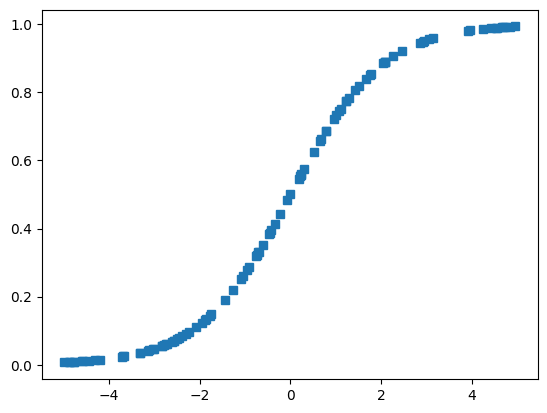📝Functions as Objects#
Let’s build a function to draw a drexel dragon.
def drexel_dragons():
print(
"""
/\_/\ _ ()_() wWw wW Ww wWw W W _ ()_() \/ .-. \\\ /// oo_
/ o o \ /||_ (O o) (O)_(O)\ /(O)(O)_(O)(O) /||_ (O o) /) (OO) c(O_O)c ((O)(O)) / _)-<
/\ \~(*)~/ /o_) |^_\ / __)`. \/ .' / __) || /o_) |^_\ (o)(O) ,'.--.) ,'.---.`, | \ || \__ `.
//\\ / \ / |(\ |(_))/ ( \ / / ( | \ / |(\ |(_)) //\\ / /|_|_\ / /|_|_|\ \||\\|| `. |
// \\( ) | | ))| /( _) / \ ( _) | `. | | ))| / |(__)|| \_.--. | \_____/ ||| \ | _| |
// \/\~*.*~/ | |// )|\\ \ \_ .' /\ `.\ \_ (.-.__) | |// )|\\ /,-. |'. \) \'. `---' .`|| || ,-' |
//__/\_/ \ \__/ (/ \) \__)(_.' `._)\__) `-' \__/ (/ \)-' '' `-.(_.' `-...-' (_/ \_)(_..--' """
)
Let’s assign drexel_dragons to a variable Penn
Penn = drexel_dragons
Why did this not run?
We just assigned this to a variable that is an object of the function drexel_dragons
We can discover what the object is by printing the type
print(type(Penn))
<class 'function'>
Or running it by calling the function
Penn()
/\_/\ _ ()_() wWw wW Ww wWw W W _ ()_() \/ .-. \\ /// oo_
/ o o \ /||_ (O o) (O)_(O)\ /(O)(O)_(O)(O) /||_ (O o) /) (OO) c(O_O)c ((O)(O)) / _)-<
/\ \~(*)~/ /o_) |^_\ / __)`. \/ .' / __) || /o_) |^_\ (o)(O) ,'.--.) ,'.---.`, | \ || \__ `.
//\ / \ / |(\ |(_))/ ( \ / / ( | \ / |(\ |(_)) //\ / /|_|_\ / /|_|_|\ \||\|| `. |
// \( ) | | ))| /( _) / \ ( _) | `. | | ))| / |(__)|| \_.--. | \_____/ ||| \ | _| |
// \/\~*.*~/ | |// )|\ \ \_ .' /\ `.\ \_ (.-.__) | |// )|\ /,-. |'. \) '. `---' .`|| || ,-' |
//__/\_/ \ \__/ (/ \) \__)(_.' `._)\__) `-' \__/ (/ \)-' '' `-.(_.' `-...-' (_/ \_)(_..--'
Reassigning Functions#
We can assign functions to a different variable
drexel = drexel_dragons
drexel is Penn
True
drexel == Penn
True
Functions in Data Structures#
Data Structures are objects that store other objects: List, Tuples, Dictionaries, Sets
Since functions are objects, they can be stored in data structures.
[Penn, drexel]
[<function __main__.drexel_dragons()>, <function __main__.drexel_dragons()>]
Functions calling Functions#
Functions can be called by other functions. A good example of this is the function map
map() function returns a map object (which is an iterator) of the results after applying the given function to each item of a given iterable (list, tuple etc.).
import numpy as np
import matplotlib.pyplot as plt
def sig(x):
return 1 / (1 + np.exp(-x))
x = np.random.uniform(-5, 5, 100)
plt.plot(x, np.array(list(map(sig, x))), "s")
[<matplotlib.lines.Line2D at 0x7fca0073fa30>]

Function Scope#
A variable is only available from inside the region in which it was created.
Local Scope#
A variable created inside a function belongs to the local scope of that function and can only be used inside that function.
A variable created inside a function is available inside that function:
def myfunc():
x = 300
print(x)
myfunc()
300
Global Scope#
A variable created in the main body of the Python code is a global variable and belongs to the global scope.
Global variables are available from within any scope, global and local.
A variable created outside of a function is global and can be used by anyone:
x = 300
def myfunc():
print(x)
myfunc()
print(x)
300
300
Common Mistakes#
You cannot access a locally defined variable from outside of a function, as it does not exist
x = 300
def my_function():
print(x)
y = 200
print(y)
y


